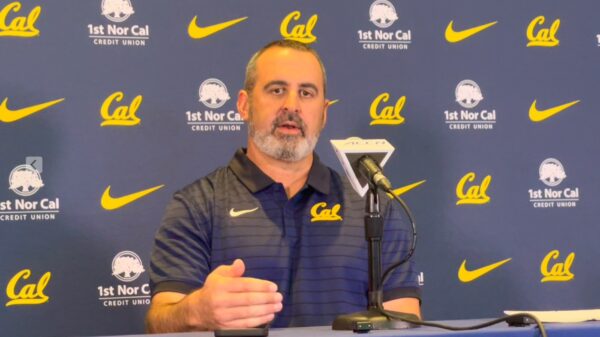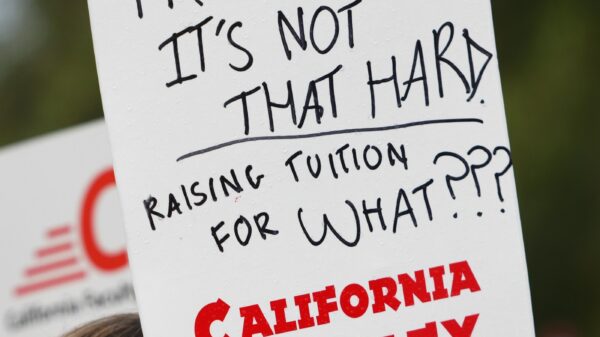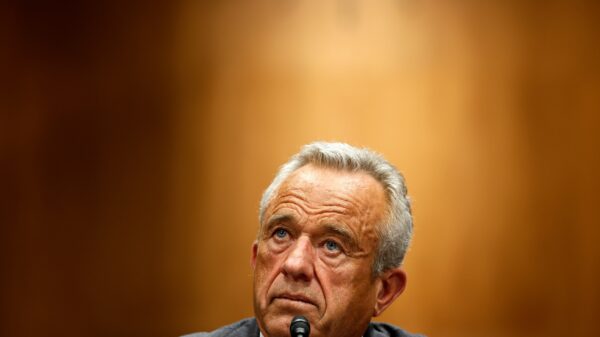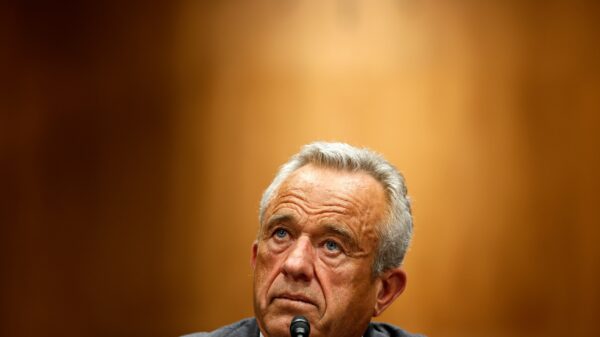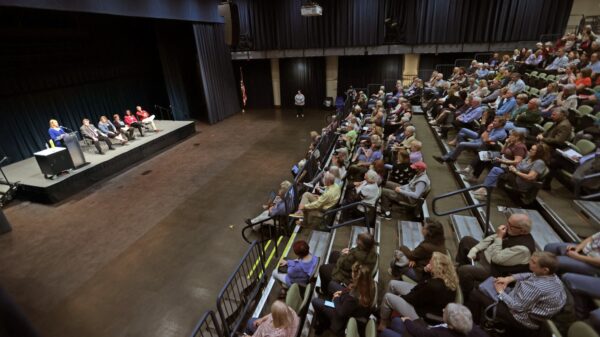The ongoing debate surrounding Columbus Day has prompted a renewed examination of the historical figure, Christopher Columbus. Observed on the second Monday in October, this holiday has become a focal point for discussions on colonialism and the impact of European exploration on Indigenous Peoples.
Columbus, born in Genoa, Italy, undertook his famous voyages under the auspices of the Spanish Crown, specifically King Ferdinand and Queen Isabella of Spain. His expeditions, beginning in 1492, led to the European colonization of the Americas, a process that had profound effects on Indigenous populations.
Historical Context of Columbus Day
The establishment of Columbus Day in the United States dates back to 1937, when it was designated as a federal holiday. The day originally celebrated Columbus’ landing in the Bahamas, marking the beginning of sustained European contact with the Americas. However, as awareness of the consequences of colonization has grown, so too has criticism of the holiday. Many view it as a celebration of imperialism that disregards the suffering of Indigenous peoples.
In recent years, several states and cities have sought to replace or rename Columbus Day in favor of Indigenous Peoples’ Day, reflecting a shift in public sentiment. Cities such as Los Angeles and Minneapolis have officially adopted this alternative observance, recognizing the need to honor the histories and contributions of Indigenous communities.
Contemporary Perspectives
The debate around Columbus Day is not merely academic; it has sparked significant political discussions. Advocates for change argue that recognizing Indigenous Peoples’ Day can foster a more inclusive narrative of American history. They emphasize the importance of acknowledging the atrocities committed against Native populations following Columbus’ arrival, including violence, disease, and displacement.
Opponents of the holiday’s renaming often cite Columbus’ navigational achievements and his role in connecting two worlds. They argue that celebrating Columbus is a way to honor exploration and cultural exchange, despite the darker aspects of his legacy.
October 9, 2023, marked another year of protests and discussions across various platforms, reflecting the ongoing division in public opinion. As communities grapple with how to address this controversial figure, the conversation continues to evolve, highlighting the complexities of American history and identity.
The Columbus Day debate serves as a reminder of the power of historical narratives and their impact on contemporary society. As more people engage in discussions around the implications of celebrating such a figure, it is clear that this conversation is far from over.
Columbus’ legacy remains a contentious issue, one that encapsulates larger themes of colonialism, identity, and the ongoing struggle for recognition among marginalized communities. As the narrative unfolds, it prompts deeper questions about how societies choose to remember their past and the implications of those choices for future generations.


